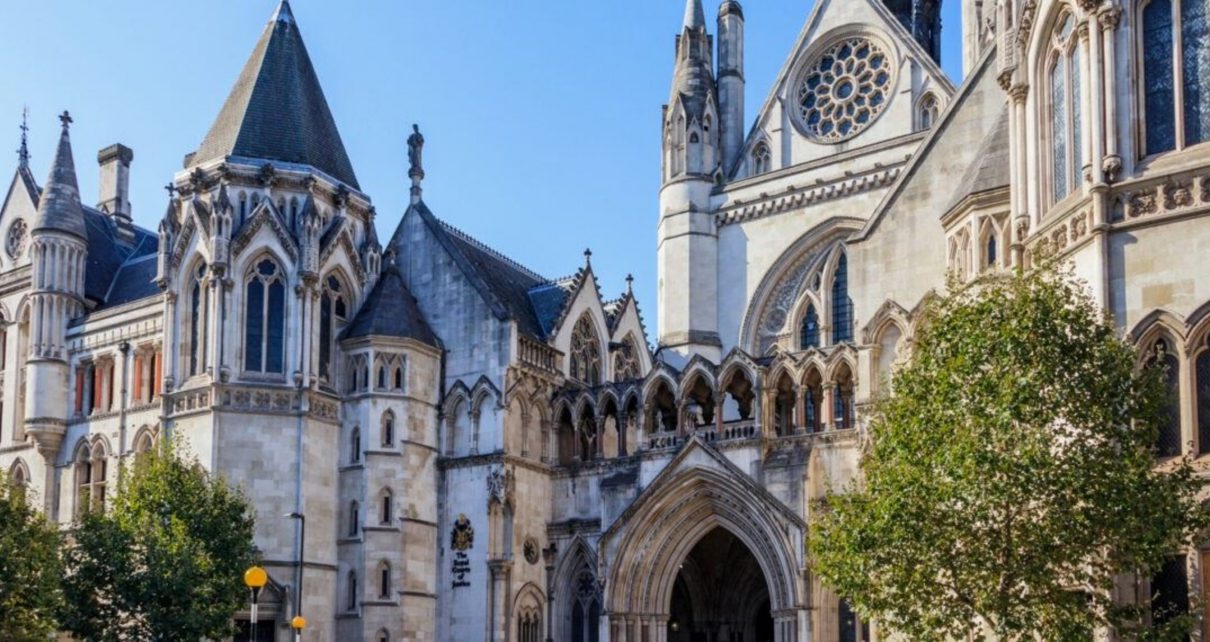Nigeria marked a historic victory on Monday as it successfully overturned an $11 billion damages ruling tied to a collapsed gas project, a case characterised by a London High Court judge as a stark example of greed and corruption.
Previously, Africa’s most populous nation had been ordered to pay this substantial sum, equivalent to about one-third of its foreign exchange reserves, to Process & Industrial Developments (P&ID), a company based in the British Virgin Islands.
However, Judge Robin Knowles found that P&ID had engaged in bribery with a Nigerian oil ministry official in relation to the gas contract signed in 2010. Additionally, P&ID failed to disclose these corrupt dealings when it initiated arbitration proceedings against Nigeria regarding the project’s collapse.
Nigerian President Bola Tinubu welcomed the judgement as a significant blow against economic wrongdoing and the exploitation of Africa. He stated, “Nation states will no longer be held hostage by economic conspiracies between private firms and solitarily corrupt officials.”
The ruling represents a substantial victory for Africa’s largest economy, which grapples with rising debt, high inflation, and unemployment. Campaign group Spotlight on Corruption commented, “The economic prospects of an entire country have been held hostage by a tainted arbitral award that was built on bribes and lies.”
In 2017, an arbitration tribunal initially awarded P&ID $6.6 billion for lost profits following the collapse of its 20-year contract to construct and operate a gas processing plant in southern Nigeria. This sum had since ballooned with interest to over $11 billion; a figure that far exceeded the country’s 2019 health budget.
Nonetheless, Nigeria’s legal team pursued the case to annul the award, asserting that P&ID had engaged in bribery to secure the contract and had corrupted the country’s lawyers to obtain confidential documents during the arbitration. P&ID vehemently denied these allegations, claiming instead that Nigeria exhibited institutional incompetence.
Judge Knowles allowed Nigeria’s challenge and expressed that the case exemplified the lengths to which individuals would go for monetary gain, “driven by greed and prepared to use corruption; giving no thought to what their enrichment would mean in terms of harm for others.”
The judge announced that a subsequent hearing would determine whether to return the case to arbitration or promptly discard the $11 billion award.
Legal representatives for P&ID expressed their disappointment and noted that the company is considering its available options.
In an unusual rebuke, the judge criticised two British lawyers who stood to gain vast sums had Nigeria been compelled to pay the $11 billion-plus bill. He found that the lawyers had engaged in misconduct driven by greed.
Trevor Burke, a prominent criminal barrister and nephew of P&ID’s co-founder, stood to receive $850 million, while Seamus Andrew, who represented P&ID during the arbitration, could have received up to $3 billion. The judge determined that both lawyers had knowingly received confidential Nigerian documents during the arbitration, which they were not entitled to access. They chose to remain silent and not return the documents, a decision the judge deemed “indefensible.” Consequently, he referred his ruling to legal standards regulators.
Burke and Andrew, in separate statements, expressed their disagreement with the judge’s criticisms and voiced their belief that they would be exonerated by the regulators.



